January 22, 2019
By Ocala Star Banner
https://www.ocala.com/opinion/20190122/editorial-sad-lessons-of-parkland
The shooting in Parkland that took the lives of 14 students and three adults was preventable.
That is hardly news but it was confirmed in a 485-page report by the Marjory Stoneman Douglas High School Public Safety Commission.
The commission met over eight months; the panel included law enforcement, public officials and parents of murdered students. It will continue to meet until 2023 to provide further recommendations. Here were some of the mistakes that occurred:
• Some passive Broward County deputies waited while shots were fired. The shooter paused five times to reload, which means he could have been stopped by someone trained in combat. Clearly deputies need to be told that they should rush to confront a shooter.
• There was a shocking failure to act on tips about a possible shooting; the FBI, the Broward public schools and the Broward Sheriff’s Office all received warnings yet failed to follow up on them. One deputy received a warning in 2016 that Nikolas Cruz was going to shoot up the school, reported the South Florida Sun Sentinel. Another deputy received a 911 call from a woman concerned that Cruz had several guns, had threatened to kill himself and people at a school. Both deputies were disciplined but not fired.
• Lax school security.
The report contains many recommendations but the most controversial is sure to be a proposal to arm teachers. If trained sheriff’s deputies are slow to react, what sense is there in simply handing a gun to a teacher? Now, if a teacher is a military veteran, someone with law enforcement experience or an individual who has combat training, that’s another matter. But how many teachers are there who meet these prerequisites?
A more reasonable response is to increase spending on school security. The report recommends:
• More state funding.
• More flexibility for school districts in providing security.
• More freedom for school districts to raise taxes for security.
This is sure to be expensive: many older schools in Marion County, for example, were designed as open campuses with easy access. Still, in the long run prevention is a more feasible strategy than turning every school building into an armed camp.
Another reasonable suggestion is to require — rather than merely encourage — mental health providers to notify law enforcement if a patient threatens anyone (though, of course, all reports should be fully vetted).
Other notable recommendations:
• Schools should have safe areas and teachers should be able to quickly cover classroom door windows.
• All schools should have clear policies for declaring a “Code Red” crisis situation.
• All campus gates should be locked unless staffed.
• Schools should be required to report crime and safety incidents.
• Students’ mental health records should follow them from school to school.
• All Florida public schools should provide law enforcement with immediate access to security cameras.
• School resource officers should be more closely supervised — and they should focus on safety, not teaching or counseling.
The boomer generation grew up with nuclear attack drills, though an attack never occurred. This generation of students is growing up with the fear of an armed attack with a military-style weapon.
Sadly, it’s a legitimate fear that too many have lived through.

